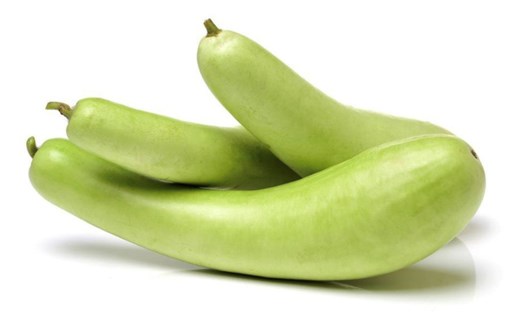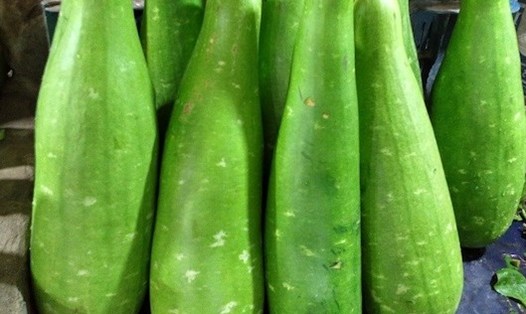Benefits of squash
squash is a familiar food in many cuisines, popular not only because it is easy to prepare but also because of its diverse health benefits despite its bland taste. However, to make the most of their nutritional value, users need to know how to choose pure squash, which does not contain chemicals or toxic impurities.
Ms. Chaitali Rane, a clinical nutritionist at PD Hinduja Hospital, Mumbai (India), said that squash contains a very high water content, helping to effectively rehydrate and control hunger.
In addition, this fruit also has many natural anti-inflammatory substances that help reduce body stress, thereby supporting the maintenance of cardiovascular health.
Ms. Rane emphasized that squash is very suitable for people with diabetes, high blood pressure and cardiovascular problems. In addition, squash provides potassium, iron, calcium and vitamins B and C. With a low fat and high fiber content, squash helps reduce pressure on the circulatory system and reduce cholesterol.
How to choose clean, chemical-free squash
However, to ensure enjoying the above benefits, it is important to choose clean squash that does not contain chemicals. Ms. Sushma PS, a nutritionist at Jindal Naturecure Institute, shares three simple ways to recognize pure squash.
First, it is based on shape and texture. Whole squash is often texture-fast, has even colors and hard shells. Avoid fruits with scratches, dark spots or soft patches, as this can be a sign of damage or treatment with chemicals.
Second is the scent. Fresh squash naturally has a mild aroma, a bit of the soil. If you discover a strange smell or a strong smell of chemicals, users should consider not buying.
Finally, find fruits that are organically certified. Organic products are grown without chemical fertilizers or pesticides, so they are less likely to be polluted. Ms. Sushma PS encourages consumers to prioritize buying squash from reputable local farmers or stores with quality commitments, both to protect health and promote sustainable farming.
Regarding whether to peel the squash or not, Edwina Raj, Director of Clinical Nutrition Services at Aster CMI Hospital, Bengaluru, said that although the squash can have pesticide residues, careful washing under the tap and gently rubbing can help remove most of the impurities.
Gourd peels are rich in fiber, vitamins and antioxidants, which aid digestion and overall health. Therefore, you should not completely eliminate this layer of the skin from your daily diet.
Choosing and using clean squash not only helps to fully enjoy the nutritional benefits but also contributes to protecting long-term health. Applying the above simple tips will help you get fresh, safe and nutrient-dense squash.







